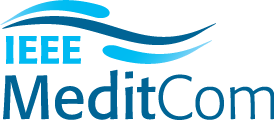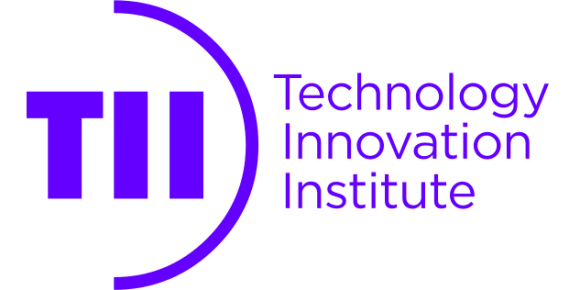Tuesday 5 September 2023, 14:00 – 15:30
P1. Why Do We Need 6G?
Organizer/Moderator: Emilio Calvanese-Strinati, CEA-LETI, Grenoble, France
Panelists:
- Petar Popovski, Aalborg University, Aalborg, Denmark
- Carlos Faouzi Bader, TII, Abu Dhabi, UAE
- Jean-Claude Belfiore, Huawei, Paris, France
- Antonia Tulino, University of Napoli Federico II, Napoli, Italy
Abstract: The study and design of 5G seems to have reached its end, and 5G communication systems are currently under deployment. In parallel, 5G standardization is going to complete the design guidelines of the 5G radio access network. Because of that, the interest of the scientific and industrial communities has already started focusing on the future 6G communication networks. The preliminary vision on future technology trends towards 2030, given by major standardization bodies, and the first structuring 6G projects worldwide have started giving various visions and investing on possible enabling technologies, suggesting what 6G will be. Side by side, various scientific articles and functional demonstrations, addressing the initial characterization of 6G, have also been provided.
However, considering the promises of 5G, what are the 6G’s significant technological advancements that justify a so‑called “new generation”? In fact, now, 5G softwarized networks may just imply continuous network software upgrades (as it happens for the Internet) instead of new generations every ten years. This panel will discuss the key technological breakthrough pushing toward technological innovation in 6G. Next, by providing a rigorous definition of the terminology and a survey of the principal 6G visions provided, the panel will share different visions, motivations and characteristics that can really justify the need for and the novelty of future 6G communication networks.
Questions to be discussed/answered in the panel:
- What are the main technical and technological challenges in 6G?
- Is new spectrum a key to move from a 6G vision to a sustainable 6G reality? What are the new sustainable technology alternatives?
- How AI/ML will make 6G networking and services smarter than 5G?
- How will 6G technology be sustainable, and how will it drastically contribute to low-carbon transformation of societal and industrial transformation?
Wednesday 6 September 2023, 14:00 – 15:30
P2. Security Challenges Ahead: Motivation & Background
Organizer: David Naccache, ENS, Paris, France
Panelists:
- Mohamed Slim Alouini, KAUST, Saudi Arabia
- Norbert Tihaniy, TII, Abu Dhabi, UAE
- Diana Maimut, TII, Abu Dhabi, UAE
Abstract: In an era of rapid technological advancements and growing interconnectedness, information security has emerged as a critical concern for individuals, organizations, and governments alike. As we look ahead to the next decade, this panel aims to explore the evolving landscape of information security and the challenges that lie ahead. Join our esteemed panelists as they delve into pressing issues, share insights, and propose strategies to safeguard sensitive data, protect digital infrastructure, and foster trust in an increasingly complex and interconnected world.
List of questions to be discussed/answered in the panel:
- How can organizations effectively adapt their information security strategies to counter emerging threats in the next decade?
- With the proliferation of interconnected devices and the Internet of Things (IoT), what are the key challenges and considerations for ensuring robust information security in this hyper-connected environment?
- As artificial intelligence and machine learning technologies advance, how can we leverage them to enhance information security defenses while mitigating potential risks and vulnerabilities?
- Privacy concerns have gained significant attention in recent years. How can we strike the right balance between protecting personal data and enabling innovation and data-driven advancements?
- With the rise of cloud computing and remote workforces, what are the critical security challenges that organizations will face in the next decade, and how can they effectively address them?
- As the global threat landscape continues to evolve, how can international collaboration and information sharing play a crucial role in mitigating cyber threats on a global scale?
- Emerging technologies such as quantum computing hold great promise, but also pose new security risks. What should organizations and policymakers consider when preparing for the implications of quantum technology on information security?
- How can we ensure the ethical and responsible use of emerging technologies in the realm of information security, while avoiding potential misuse or harm?




